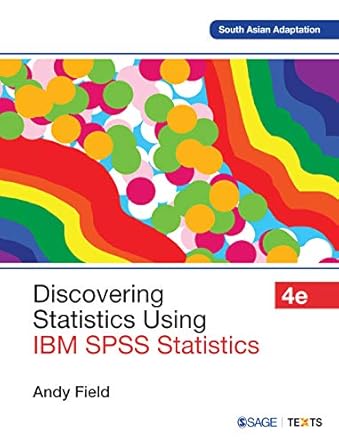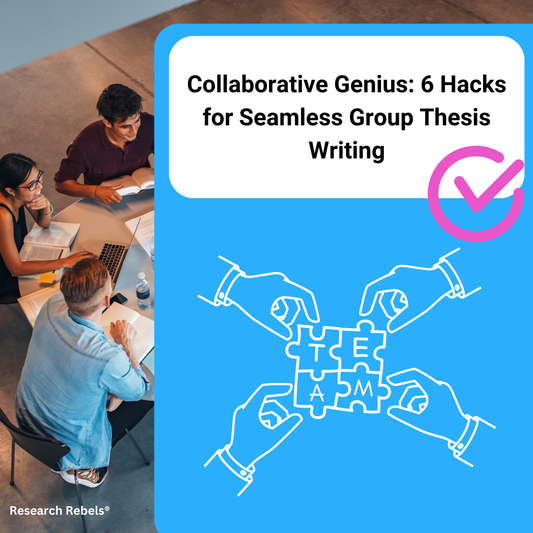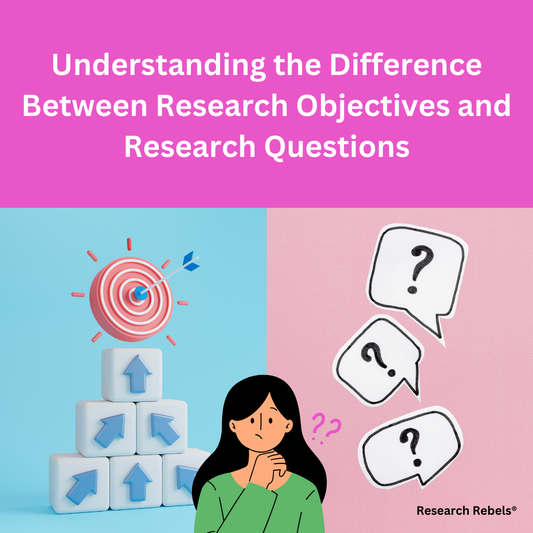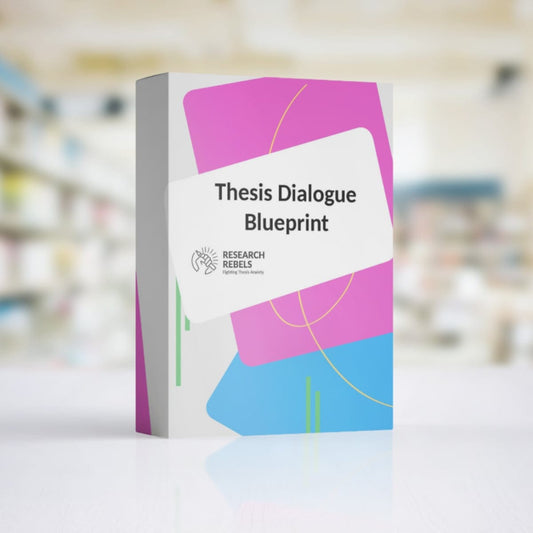A Comprehensive Review of 'Introduction to Mediation, Moderation, and Conditional Process Analysis'

The book 'Introduction to Mediation, Moderation, and Conditional Process Analysis' by Andrew F. Hayes is a must-have for anyone diving deep into the world of statistical analysis. This third edition has been updated to include the latest developments and is a valuable resource for both beginners and seasoned researchers alike.
Key Takeaways
- Comprehensive Coverage: The book covers mediation, moderation, and conditional process analysis in great detail, making complex topics accessible to all readers.
- Practical Examples: Real-world examples and SPSS, SAS, and R code snippets help in understanding the application of the concepts.
- User-Friendly: Written in a clear and engaging style, the book is suitable for both students and professionals.
- Updated Content: The third edition includes new features and updates, making it a relevant resource for current research needs.
Comprehensive Coverage
One of the standout features of the Introduction to Mediation, Moderation, and Conditional Process Analysis is its thorough coverage of complex statistical methods. The book delves into mediation, moderation, and conditional process analysis, breaking down each topic into manageable sections. This makes it easier for readers to grasp the concepts and apply them in their research.
Practical Examples
The book is rich with practical examples that illustrate the application of the concepts discussed. Each chapter includes SPSS, SAS, and R code snippets, making it easier for readers to follow along and implement the techniques in their own work. This hands-on approach is particularly beneficial for those who are new to these statistical methods.
User-Friendly
Andrew F. Hayes has a knack for making complex topics accessible. His writing style is clear and engaging, making the book suitable for both students and professionals. Whether you're a beginner or an experienced researcher, you'll find the content easy to understand and apply.
Updated Content
The third edition of the Introduction to Mediation, Moderation, and Conditional Process Analysis includes several new features and updates. These include expanded discussions on effect scaling, new methods for comparing indirect effects, and a bootstrap-based approach for probing moderation of mediation. These updates ensure that the book remains a relevant and valuable resource for current research needs.
Conclusion
In summary, 'Introduction to Mediation, Moderation, and Conditional Process Analysis' is an invaluable resource for anyone involved in statistical analysis. Its comprehensive coverage, practical examples, user-friendly style, and updated content make it a must-have for students and professionals alike. Whether you're new to the field or looking to deepen your understanding, this book is an excellent choice.
A Comprehensive Review of 'Introduction to Mediation, Moderation, and Conditional Process Analysis'

The book 'Introduction to Mediation, Moderation, and Conditional Process Analysis' by Andrew F. Hayes is a must-have for anyone diving deep into the world of statistical analysis. This third edition has been updated to include the latest developments and is a valuable resource for both beginners and seasoned researchers alike.
Key Takeaways
- Comprehensive Coverage: The book covers mediation, moderation, and conditional process analysis in great detail, making complex topics accessible to all readers.
- Practical Examples: Real-world examples and SPSS, SAS, and R code snippets help in understanding the application of the concepts.
- User-Friendly: Written in a clear and engaging style, the book is suitable for both students and professionals.
- Updated Content: The third edition includes new features and updates, making it a relevant resource for current research needs.
Comprehensive Coverage
One of the standout features of the Introduction to Mediation, Moderation, and Conditional Process Analysis is its thorough coverage of complex statistical methods. The book delves into mediation, moderation, and conditional process analysis, breaking down each topic into manageable sections. This makes it easier for readers to grasp the concepts and apply them in their research.
Practical Examples
The book is rich with practical examples that illustrate the application of the concepts discussed. Each chapter includes SPSS, SAS, and R code snippets, making it easier for readers to follow along and implement the techniques in their own work. This hands-on approach is particularly beneficial for those who are new to these statistical methods.
User-Friendly
Andrew F. Hayes has a knack for making complex topics accessible. His writing style is clear and engaging, making the book suitable for both students and professionals. Whether you're a beginner or an experienced researcher, you'll find the content easy to understand and apply.
Updated Content
The third edition of the Introduction to Mediation, Moderation, and Conditional Process Analysis includes several new features and updates. These include expanded discussions on effect scaling, new methods for comparing indirect effects, and a bootstrap-based approach for probing moderation of mediation. These updates ensure that the book remains a relevant and valuable resource for current research needs.
Conclusion
In summary, 'Introduction to Mediation, Moderation, and Conditional Process Analysis' is an invaluable resource for anyone involved in statistical analysis. Its comprehensive coverage, practical examples, user-friendly style, and updated content make it a must-have for students and professionals alike. Whether you're new to the field or looking to deepen your understanding, this book is an excellent choice.
A Comprehensive Review of 'Introduction to Mediation, Moderation, and Conditional Process Analysis'

The book 'Introduction to Mediation, Moderation, and Conditional Process Analysis' by Andrew F. Hayes is a must-have for anyone diving deep into the world of statistical analysis. This third edition has been updated to include the latest developments and is a valuable resource for both beginners and seasoned researchers alike.
Key Takeaways
- Comprehensive Coverage: The book covers mediation, moderation, and conditional process analysis in great detail, making complex topics accessible to all readers.
- Practical Examples: Real-world examples and SPSS, SAS, and R code snippets help in understanding the application of the concepts.
- User-Friendly: Written in a clear and engaging style, the book is suitable for both students and professionals.
- Updated Content: The third edition includes new features and updates, making it a relevant resource for current research needs.
Comprehensive Coverage
One of the standout features of the Introduction to Mediation, Moderation, and Conditional Process Analysis is its thorough coverage of complex statistical methods. The book delves into mediation, moderation, and conditional process analysis, breaking down each topic into manageable sections. This makes it easier for readers to grasp the concepts and apply them in their research.
Practical Examples
The book is rich with practical examples that illustrate the application of the concepts discussed. Each chapter includes SPSS, SAS, and R code snippets, making it easier for readers to follow along and implement the techniques in their own work. This hands-on approach is particularly beneficial for those who are new to these statistical methods.
User-Friendly
Andrew F. Hayes has a knack for making complex topics accessible. His writing style is clear and engaging, making the book suitable for both students and professionals. Whether you're a beginner or an experienced researcher, you'll find the content easy to understand and apply.
Updated Content
The third edition of the Introduction to Mediation, Moderation, and Conditional Process Analysis includes several new features and updates. These include expanded discussions on effect scaling, new methods for comparing indirect effects, and a bootstrap-based approach for probing moderation of mediation. These updates ensure that the book remains a relevant and valuable resource for current research needs.
Conclusion
In summary, 'Introduction to Mediation, Moderation, and Conditional Process Analysis' is an invaluable resource for anyone involved in statistical analysis. Its comprehensive coverage, practical examples, user-friendly style, and updated content make it a must-have for students and professionals alike. Whether you're new to the field or looking to deepen your understanding, this book is an excellent choice.

















